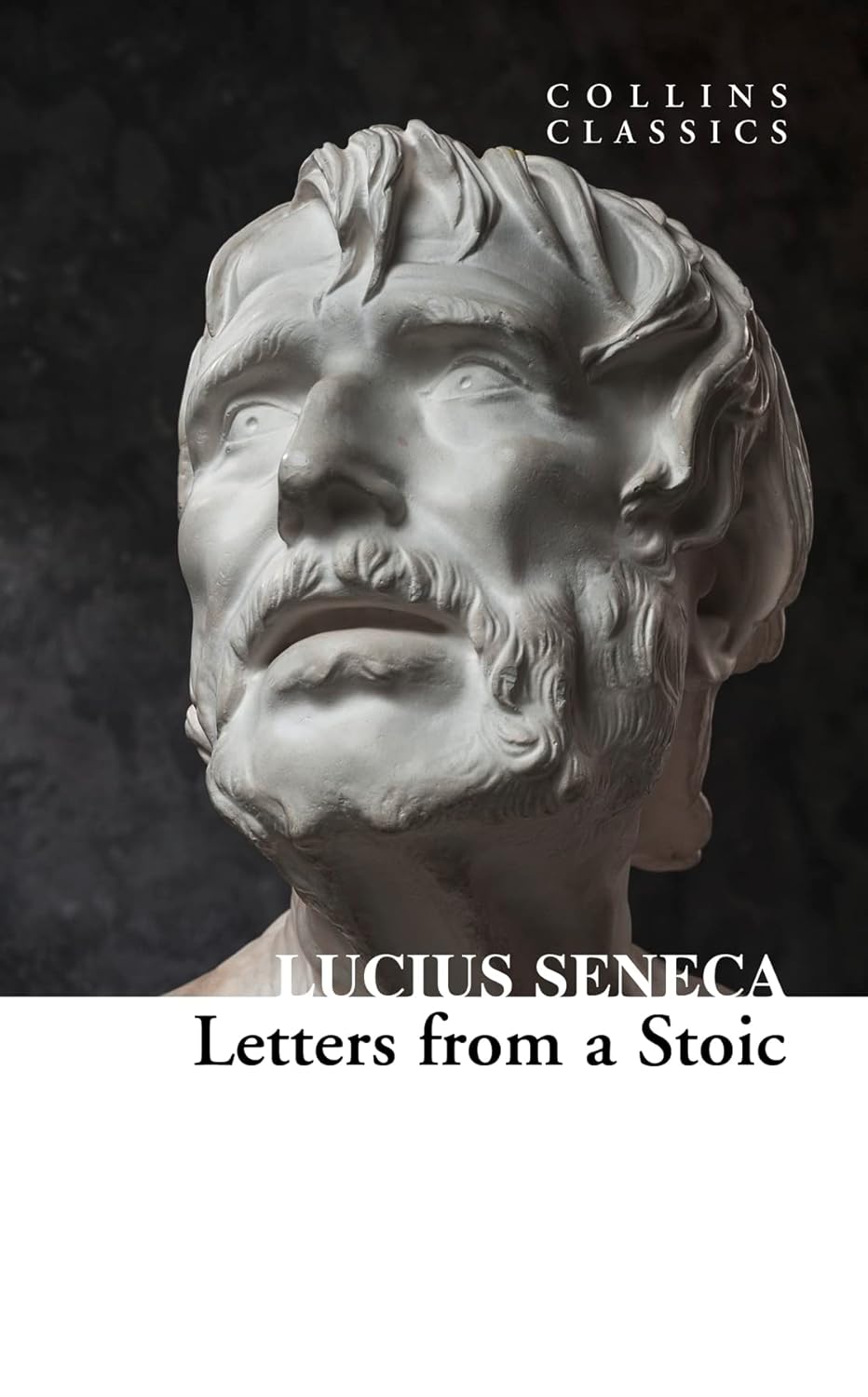
Introduction
Life is replete with problems, uncertainties, and surprises. When faced with adversity, how do we preserve inner peace and resilience? The key is in Stoicism, an ancient school of thought that instructs us on how to develop resilience, self-control, and wisdom.
At its core, Stoicism is built on four fundamental virtues: Wisdom, Courage, Justice, and Temperance. These principles serve as a practical guide for living with purpose, clarity, and rationality.
In this blog, we’ll explore the Stoic philosophy definition, the four virtues of Stoicism, and how they can be applied to modern life.
What is Stoicism?
Stoicism is a philosophical school established in ancient Greece by Zeno of Citium c. 300 BCE. According to the Stoics, inner peace of mind and happiness stem from within oneself, not from the outside.
The philosophy of Stoicism has a straightforward definition: concentrate on what you have control over and accept what lies beyond your control. This state of mind yields:
- Inner calm – Liberating yourself from worries that are uncalled for.
- Mental strength – Cultivating resilience against hardships in life.
- A logical way of living – Deciding on things based on reason and not feelings.
Most people think that Stoicism is about being unemotional, but this is not the case. The philosophy does not require us to repress our emotions but to know and control them in a manner that results in wisdom and equilibrium

The Four virtues of Stoicism

Wisdom: Seeing Clearly, Acting Rationally
Wisdom in Stoicism is the ability to perceive things as they truly are, make sound judgments, and distinguish between what is within our control and what is not.
A wise person:
Thinks before acting, ensuring their choices are guided by reason rather than impulse.
Cultivates a mindset of lifelong learning, constantly seeking knowledge and different perspectives.
Accepts reality as it is, adapting to circumstances with rationality rather than resistance.
By embracing wisdom, we gain clarity in decision-making and develop the ability to respond to life’s challenges with a level head.
Courage: Facing Life with Strength and Grace
Courage is not just about acts of physical bravery . It is the strength to face difficulties without fear or complaint. A Stoic understands that hardship is a part of life and meets it with composure.
A courageous individual:
Stands firm in their beliefs, even when faced with criticism.
Sees challenges as opportunities for growth rather than obstacles.
Navigates uncertainty with serenity and resilience.
With courage, we become capable of enduring hardships, taking risks, and standing up for what is right, no matter the cost.


Justice: Living with Integrity and Fairness
Justice in Stoicism is about fairness, honesty, and treating others with respect. It is the recognition that we do not live for ourselves alone but are part of a greater whole.
A just person:
Fights for what is right, even when it is difficult.
Treats others with kindness, fairness, and respect.
Takes responsibility for their actions and their impact on others.
By practicing justice, we contribute to a more ethical and compassionate world, ensuring that our actions align with our values.
Temperance: The Art of Self-Control
Temperance is the ability to practice moderation and self-discipline in all aspects of life. It teaches us to avoid excess and prioritize long-term well-being over short-lived pleasures.
A person who embodies temperance:
Avoids overindulgence in food, pleasure, or material possessions.
Regulates emotions, responding thoughtfully rather than impulsively.
Maintains balance by focusing on what truly matters rather than fleeting desires.
Through temperance, we cultivate inner peace, self-discipline, and a sense of fulfillment that transcends material gains.
By embracing these four virtues—wisdom, courage, justice, and temperance—we can lead a life of purpose, integrity, and inner harmony. Stoicism reminds us that true happiness lies not in external circumstances but in the strength of our character.


The Four Principles of Stoicism Applied to Everyday Life
These are sometimes called the four principles of Stoicism because they are about using rational thought rather than emotional response. Here’s how they translate to everyday life:
In the workplace: Keep your mind on what you can control, be level-headed under stress, and treat others with respect.
Stoicism and Christianity: Can They Coexist?
An age-old query is whether Christianity and Stoicism are compatible with each other. Although they possess certain differences, they also hold shared values:
Both call for virtue – Christianity instructs love, compassion, and patience, while Stoicism adheres to wisdom, justice, and self-restraint.
Both call for self-discipline – Christians exercise faith and obedience, while Stoics exercise reason and self-improvement.
Both embrace suffering as a life phenomenon – Christianity understands suffering as a test of belief, while Stoicism uses suffering as a chance to develop character.
Though Christianity is based on believing in God, Stoicism is centered around being self-dependent and based on reasoning. Most individuals do value a mix of both philosophies.


Most Inspirational Stoic Quotes Regarding Love and Life
Stoicism has very profound wisdom when it comes to love, relationships, and emotions. Some eternal Stoic quotes are listed below:
Marcus Aurelius: “Accept the things to which fate binds you, and love the people with whom fate brings you together.”
Seneca: “If you desire to be loved, love.”
Epictetus: “Never rely on others’ admiration. There is no power in it. Merit cannot come from a source outside yourself.”
These two quotes teach us that self-love and happiness are from the inside, not from someone else.
“Wisdom to see clearly, courage to stand firm, justice to act rightly, and temperance to live in balance—these are the pillars of a Stoic life”


The Best Magnesium Supplements: A Scientific Overview
One essential component of physical and mental well-being is the mineral magnesium, which plays a crucial role in numerous physiological processes including muscle and nerve function, blood glucose control, and protein synthesis.

A Stoic’s Guide to the Best Organic Coffee
In the pursuit of a serene and virtuous life, the Stoics often emphasized the importance of simplicity and natural living. As we navigate our daily routines, it is crucial to align our choices with these principles, even in the seemingly mundane act of enjoying a cup of coffee.

Best Face Moisturizer For Stoic Beauty
In the pursuit of a serene and balanced life, our skincare routines can serve as a daily reminder of simplicity and natural beauty. Stoicism teaches us to focus on what is essential and to find peace in simplicity.

Letters From A Stoic by Seneca
“Letters from a Stoic” is a collection of 124 letters written by the Roman philosopher Lucius Annaeus Seneca to his friend Lucilius. These letters, often referred to as the “Epistulae Morales ad Lucilium,” are a significant part of Seneca’s philosophical legacy and provide insights into Stoic philosophy and practical wisdom.
